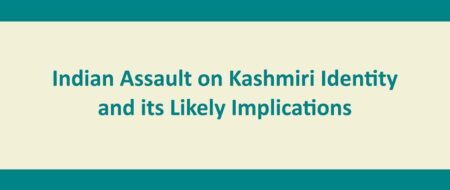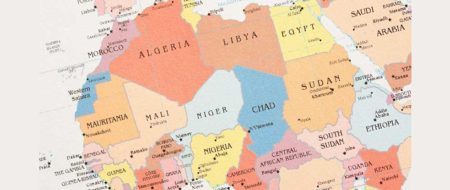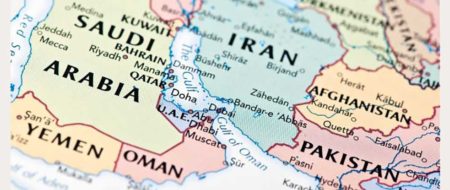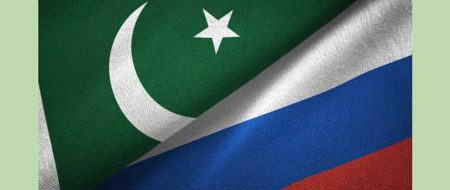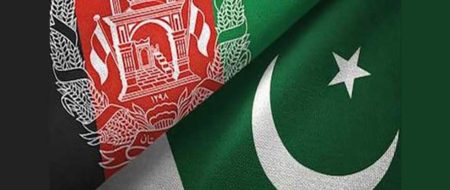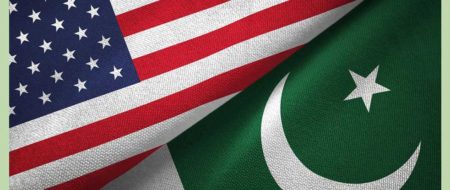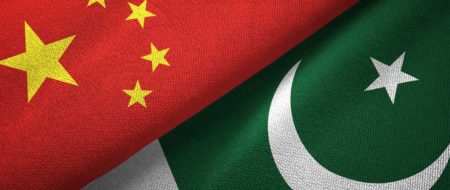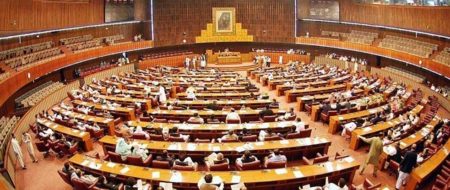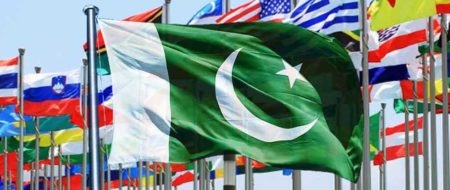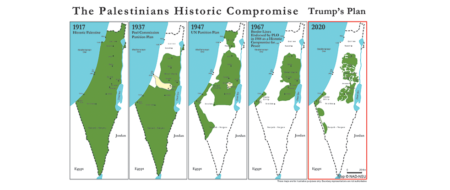Era of ‘War of Narratives’ and the India-Pakistan Battle of 1965
The history of war among the humans is as old as the humans themselves. The forms of war, its techniques, strategies and its artifices however have changed with the course of time. The wars in the olden times were concluded with the victor occupying the lands of vanquished and making its people his slaves. In the modern times however such occurrence has become highly improbable, if not impossible.
The history of war among the humans is as old as the humans themselves. The forms of war, its techniques, strategies and its artifices however have changed with the course of time. The wars in the olden times were concluded with the victor occupying the lands of vanquished and making its people his slaves. In the modern times however, with the presence of international organizations and the international laws pertaining to wars, such occurrence has become highly improbable, if not impossible.
The situation has signified the importance of ‘narratives’ about wars even more than the war itself. How, why and by whom was the war waged, how much were the opponents successful in achieving their targets, and how much one adversary afflicted the other, are some of the topics the building of such narratives upon which outpaces the preparation of war itself. The narratives formed not only last as long as the adversary exists, but at times linger on even when the adversary has become an ally. Similarly, a narrative that is formed to support a version of a dispute, does not even later lets the dispute to end.
If we look at the past fifty years since the war of 1965, we will also observe many aspects related to the war of narratives. Was the war of 1965 the first one fought between both the countries? Was the war triggered with ‘Operation Gibraltar’ that was launched by Pakistan in Kashmir, or was the ‘Operation Gibraltar’ itself a reaction to India’s occupying the Kargil peaks three months before it? Which of the adversaries actually had an upper hand after the 17-day war? Whom among the adversaries could be finally judged as the victor and whom as the defeated one? What was the role of the international powers and how the war affected the future relations of the two countries as well as the regional situation? Hundreds of pages have been written over these questions by politicians, army generals, journalists and intellectuals. Each of those pieces is important and helps understand the happenings of the event. The ‘pursuit of truth’ amidst these ‘wars of narratives’ however, remains to be a quest unsolved.
In a general Pakistani opinion, the 1965 war was an attack on Pakistan’s solidarity, and despite the fact that the aggressor was much bigger and superior militarily, Pakistan not only contained it but also managed to push it back. War in any form yields destruction, but the stories of bravery and courage of soldiers, the national spirit during the war, and unanimous accord and unity at the state level, and cooperation among country’s divergent political powers are some of the memories that Pakistanis feel proud of. The national songs and anthems by the country’s poets and artists that evoked the spirits and emotions of the nation, are termed as national assets and are alive even now. The general impression in the country about the war’s result is that it was not lost on the battle fields, but in the talks in Tashkent.
In the background of this impression, and also as its consequence, the politics in Pakistan and the role of the country’s army in it became an important part of the memories of the countrymen. It was very much the Tashkent agreement on the basis of which Zulfiqar Ali Bhutto started an aggressive movement against the then president, Ayub Khan, and used the emotions of the nation in his favour.
The war of 1965 is significant even in the perspective of Pak-US relations. The mistaken belief of Pakistan’s leadership that Washington will not only support it diplomatically but also help it militarily, was proven wrong. Ayub Khan has expressed his disappointment with the US in detail in his book: Friends, Not Masters.
On the other hand, this was very much the time when the foundations of Pakistan-China relations were being laid. This can be said without a hint of doubt that the war of September 1965 helped these foundations root deeper. The hurdles raised by Afghanistan on the occasion and the cooperation of Iran are some of the other aspects of this war that will stay in the memories for long.
Although Pakistan and India were also face to face in the battleground over the Kashmir issue immediately after their independence, and hence the war of 1965 was not even the first armed confrontation between the two, still the mutual trade relations and large scale people-to-people contact across the borders was a matter of routine before 1965. The war not only naturally affected such environment then but its consequences can be felt even now.
Obviously the reasons for these prolonged aftermaths are not only limited to the 17-day war, but the disputes of primary nature between the two states and their dynamics. Because these disputes prevail even today and though on one hand the possibilities of a direct war between the two countries have almost diminished due to their nuclear status, but on the other, there seem hardly any prospects for lasting peace among them. It is obvious that Kashmir is at the top of the list of the disputes that need to be resolved. It has been fifty years since the war of 1965. Can we expect things to get normal even in the next fifty years without the solution of Kashmir issue?



